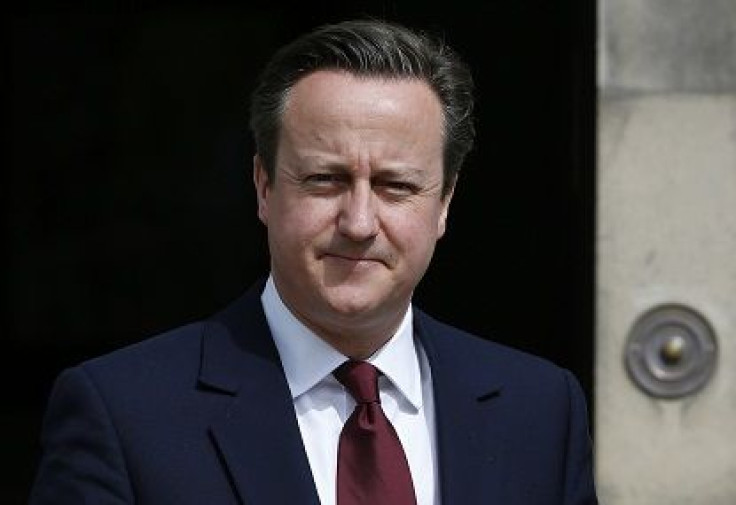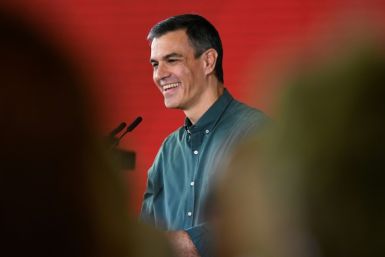British PM David Cameron Gets Support Of Germany's Merkel On EU Reforms: France Rebuffs UK Plan

British Prime Minister David Cameron, who is on a four nation EU tour to meet with heads of the respective states to explain the U.K.’s position on its continued stay in the European Union, got a mixed response. The Conservatives have committed a referendum in 2017 to take a final call on quitting EU of their proposals are not accepted.
While German chancellor Angela Merkel promised to look into the arguments raised by Britain with due seriousness, France and Poland fumed at its idea of renegotiating ties with EU. Merkel, in a positive gesture, said she will not rule out future treaty changes in Europe and said Germany will be a constructive partner in bringing reforms on Brussels' relations with EU member states.
U.K. Must Stay In EU
The German leader made it clear that the U.K. should stay in the EU as there is a "common ground" across many areas. Mr. Cameron embarked on a whistle-stop tour of Europe to gather support for the changes he wanted in EU, so that U.K. can continue in the bloc, reports BBC.
In Poland, Prime Minister Ewa Kopacz differed with Mr. Cameron on European reforms. Poland heavily criticised the U.K.’s plan to deny benefits to EU migrants unless they have worked in the country for four years, and called the move as "discriminatory.” Poland noted that EU freedom of movement binds all states to extend the same entitlement to work and benefits for everyone, reports Sky News.
A spokesman said, "Prime Minister Kopacz emphasised that Poland valued the UK's membership of the EU and said that she hoped they could work together in a positive spirit to keep Britain in." Mr Cameron’s call to EU leaders had been to bring in "flexible and imaginative" reforms in the European Union.
France Warns
Meanwhile, France issued a blunt warning to Mr. Cameron that his plan to renegotiate the terms of Britain’s EU membership before the referendum is a “dangerous” process. French Foreign Minister Laurent Fabius warned that Paris would have to say no if the U.K. goes ahead with the demand for a special status in the EU.
Fabius told the French media that the U.K’s approach is comparable to joining a football club and then saying in the middle of the match that we are going to play rugby. “If it is about giving a special status to Britain that gives it advantages for nothing, then the answer is no. Even though we say yes to an improvement of the union, we cannot agree to its breakup. If such an important country leaves Europe, it will give an extremely negative impression of Europe," the French minister asserted. The intervention by Fabius came hours before Mr. Cameron met the French President François Hollande.
The PM’s talks in Hague were positive, where the reform-minded Dutch counterpart Mark Rutte supported Britain's desire to devolve power away from Brussels and quipped: “European where necessary; national where possible.”
(For feedback/comments, contact the writer at k.kumar@ibtimes.com.au)






